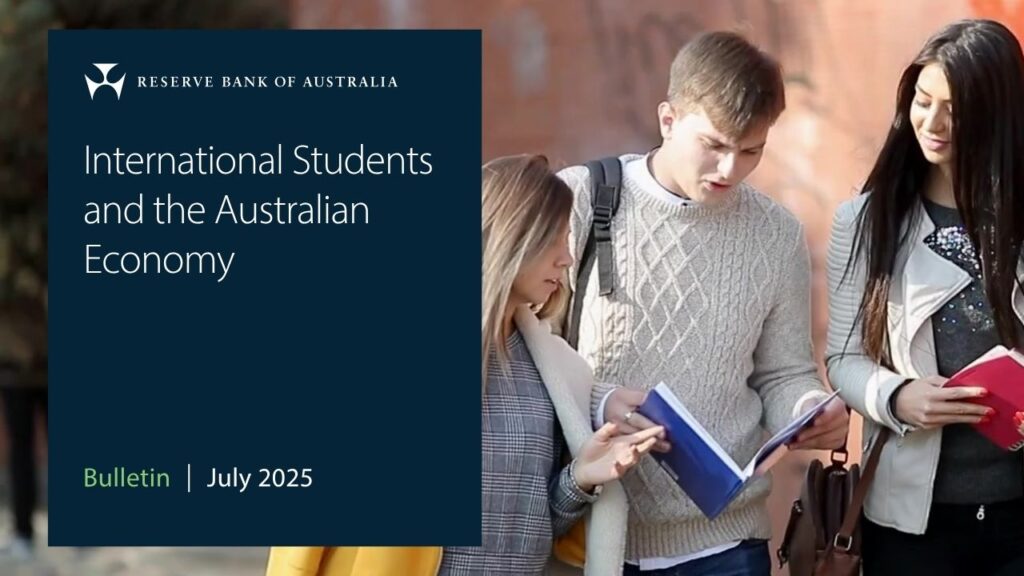Australia to face a 250,000 skilled worker shortage in finance, tech, and business by 2030

Understanding the Job Market in Australia
Australia is on track to experience a significant shortage of skilled workers in finance, technology, and business (FTB) roles, expecting a shortfall of about 250,000 workers by 2030. This projection coincides with a rapidly rising demand that outpaces the country’s education and training systems.
The Growing Demand for FTB Workers
By 2030, Australia will need approximately 3.5 million FTB professionals—an increase of 450,000 from current levels. Unfortunately, the supply of skilled graduates isn’t keeping pace. While demand for skilled workers is growing at around 2.2% per year, the supply is only increasing at 1.0%. This gap could result in a shortage of around 108,000 workers in the FTB sectors and nearly 250,000 across the broader economy.
Skills Mismatch and Workforce Shortage
It’s not just about numbers; there’s also a skills mismatch. Many available workers don’t have the specific skills that employers need. Even the graduates coming out of IT and accounting courses often lack vital competencies, making it challenging for businesses to fill important roles.
The finance sector is expected to feel the impact most acutely, with no growth projected over the next five years and a potential shortfall of 64,000 workers in various finance occupations.
Visa Pathways for Skilled Migration
If you’re considering moving to Australia through visa sponsorship or permanent residency (PR), it’s crucial to understand the available options. The 482 visa allows employers to sponsor skilled workers in occupations on Australia’s skilled occupation list. For those seeking permanent residency, the 189 visa and 190 visa are popular pathways for skilled migrants, while the 491 visa targets regional areas to help fill skill shortages. Check the Australian and New Zealand Standard Classification of Occupations (ANZSCO) to see if your skills match the country’s needs.
Keep in mind that visa requirements, such as the Temporary Skilled Migration Income Threshold (TSMIT), which sets a minimum income for sponsored workers, can affect your eligibility.
What’s Next for Skilled Migration?
The Australian Government is aware of these challenges and is calling for a coordinated effort among government, educational institutions, and industries to enhance local talent pipelines and strengthen skilled migration pathways. However, recent changes to raise income thresholds for skilled visas and increase minimum wages may pose hurdles for attracting skilled migrants, further complicating the solution to the looming talent shortage.
In summary, if you’re an international job seeker interested in working in Australia, now might be a great time to consider your options. The demand for skilled professionals is high, and understanding the migration pathways can set you on a successful journey.
Have your say!
Got a question, opinion, or experience to share about working in Australia? Leave a comment below and join the conversation.
Thinking about moving to Australia? Have questions or need help?
Join our free and supportive community here at Oz Visa Forum.
Post in our forums to get advice and support from people who’ve already made the move Down Under.
Not sure where to start? Click here to get started







Responses